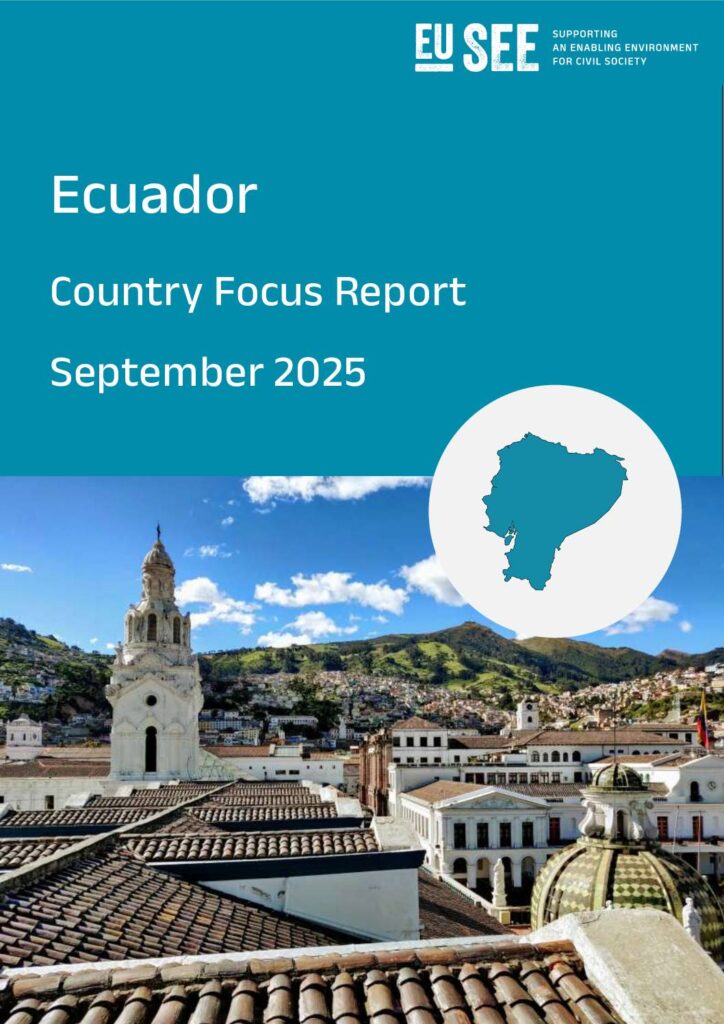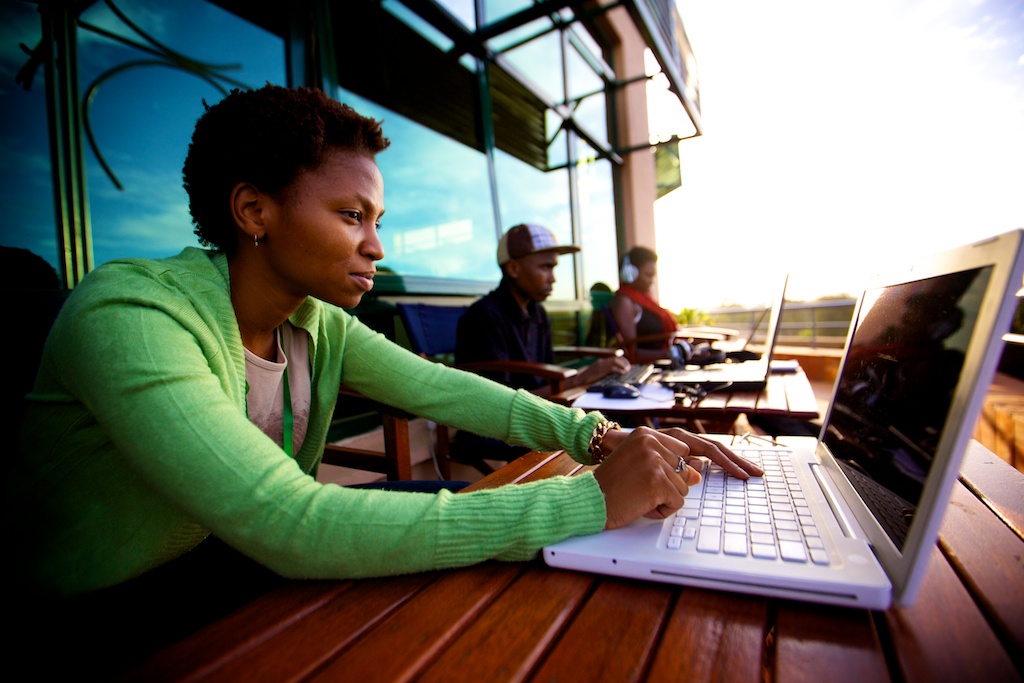In Ecuador, the enabling environment for civil society is increasingly restricted despite constitutional guarantees. The freedoms of association, assembly, and expression are repeatedly limited through states of emergency, the militarization of protests, and growing attacks against journalists that foster censorship and impunity. Although laws recognize civil society organizations (CSOs), bureaucratic barriers and an unstable regulatory framework allow for state interference, while new measures such as the Integrity Strategy and the Social Transparency Law raise fears of greater control and the dissolution of critical organizations.
Access to sustainable resources is limited, as CSOs depend heavily on international cooperation, which is becoming increasingly scarce and conditional, while state funds are often politicized and concentrated in large NGOs, leaving local actors at a disadvantage. Mechanisms for participation in public policy are largely symbolic, with delays and restrictions in access to information and with civil society contributions rarely incorporated into final decisions.
Although the public generally values the role of CSOs, the state and political actors stigmatize them as destabilizing or corrupt, while discriminatory practices persist against women, indigenous peoples, and LGBTIQ+ communities. The digital environment is also fragile, marked by surveillance, interception of communications, cyberattacks, and online harassment without state response, in addition to persistent inequalities in connectivity and digital literacy outside major urban centers.
Key Recommendations:
- Limit the use of exceptional powers and guarantee civil liberties.
- Build a regulatory framework that supports, rather than controls, CSOs and eliminates risks of arbitrary dissolution.
- Guarantee fair and transparent access to funding, free from political conditions.
- Strengthen transparency, accountability, and inclusive mechanisms for citizen participation.
- Avoid stigmatizing narratives against civil society and promote a culture of inclusive participation.
- Protect digital rights, privacy, and online security while improving equity in access and digital literacy.
- For the international community and donors: expand support for local organizations and align cooperation with national realities.
- For CSOs: create cooperation mechanisms that strengthen their advocacy, sustainability, and transparency practices.
Enabling principles scores

